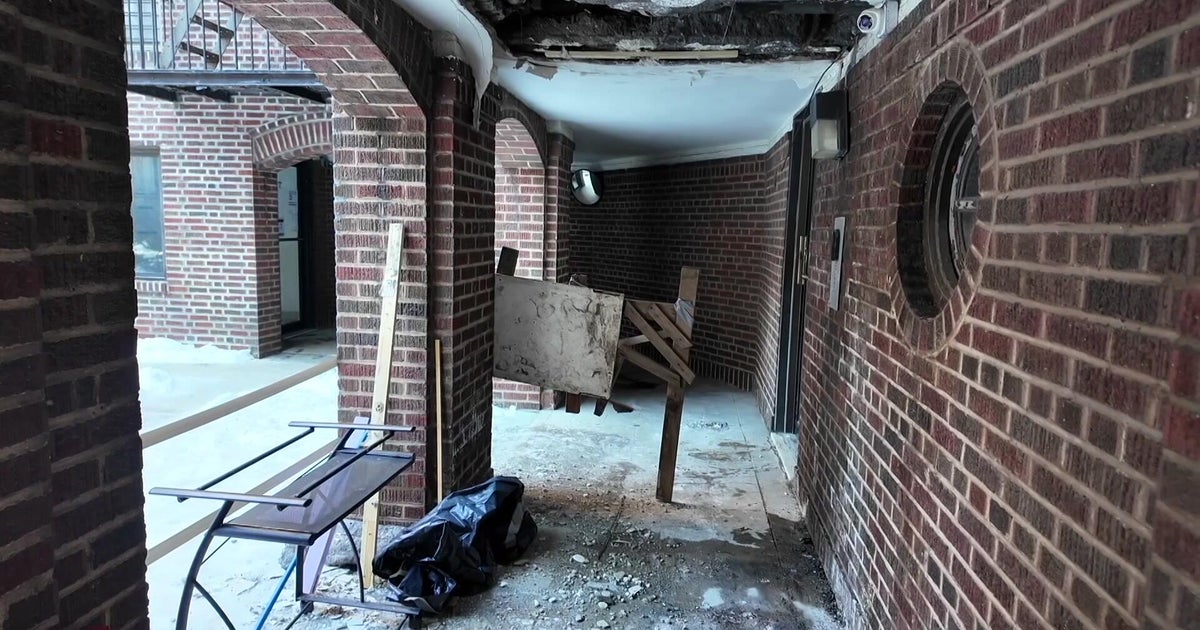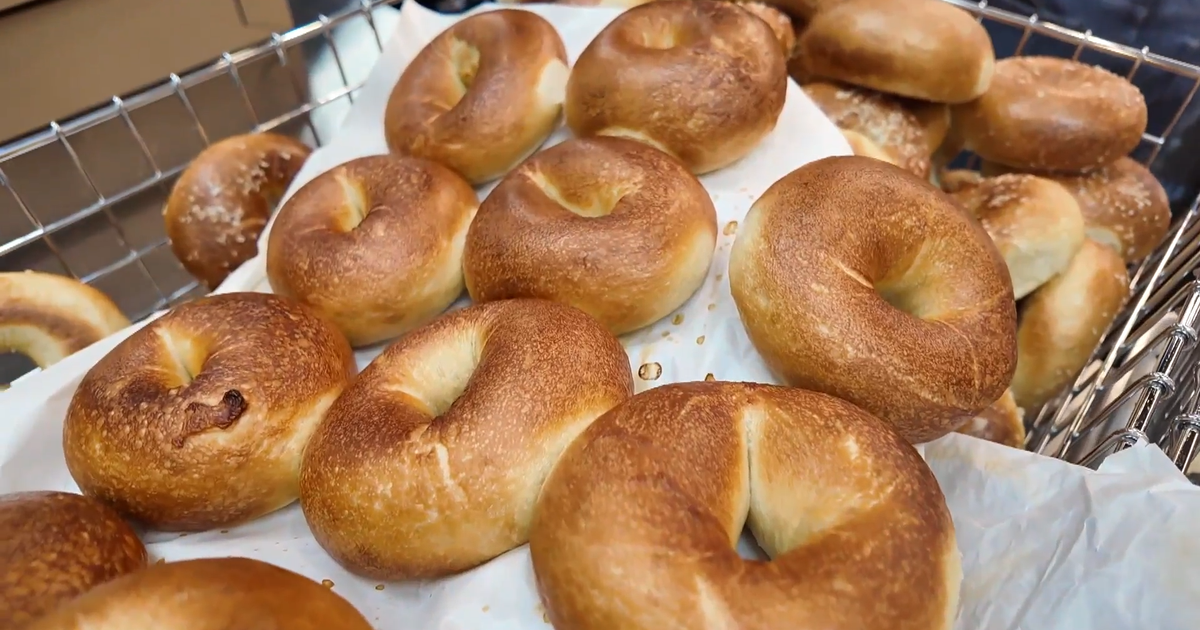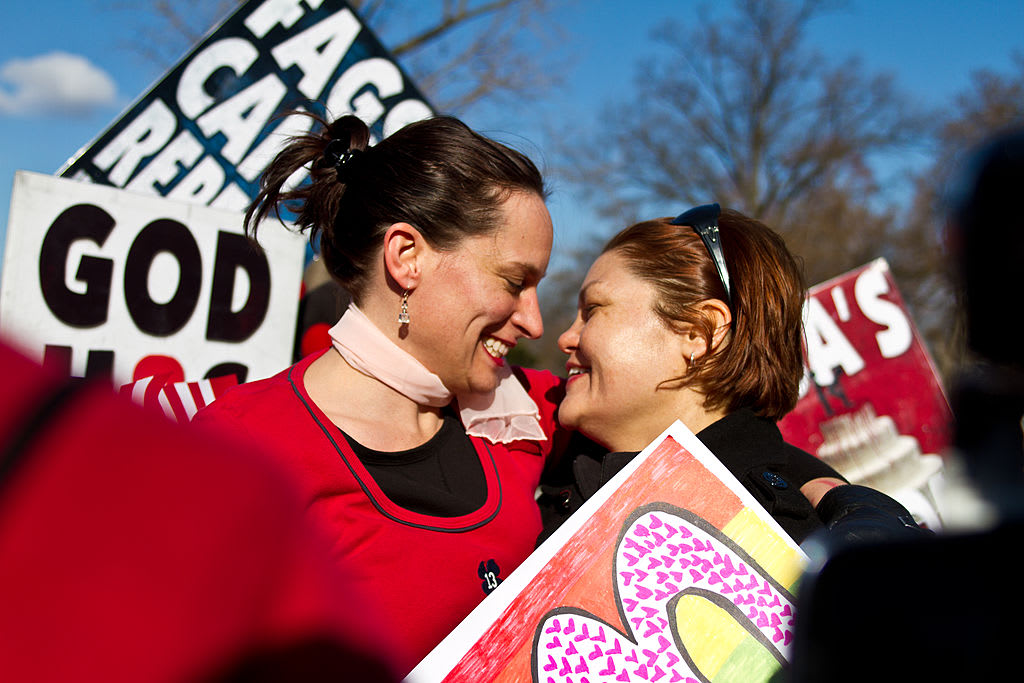Is it safe to go to the dentist? What doctors are doing to prevent the spread of the coronavirus
America's dental offices are reopening after months of handling only emergencies. All 50 states now allow routine dental care, like teeth cleanings and cavity fillings, but dentistry is considered one of the highest risk professions for the coronavirus.
"If someone asked me in January, 'Hey, ever think about taking three months off from dentistry?' And I'd be like, 'Yeah, when I retire.' It was never on my radar that we would have to shut down for this long," Dr. Peter Shatz, the chairman of the Georgia Dental Association's COVID-19 Innovation Task Force, told CBS News senior medical correspondent Dr. Tara Narula.
He's one of the people trying to help dentists navigate complicated guidance from the state, OSHA and CDC on how to reopen safely.
"We were stood up to help our members better understand the complexities of the coronavirus ... from science, research, availability of PPE," Shatz said.
About 90% of dental offices in the U.S. were open for elective care by the first week of June, but it won't be business as usual.
"So the traditional waiting for your doctor's appointment inside the reception area is gone," Shatz said. "We send a team member out into the parking lot actually to shoot a temperature, make sure that they're not experiencing any illness."
What makes dentistry so high risk isn't just proximity to patients' mouths. It's also the nature of the procedures themselves.
Using a high-speed handpiece to do fillings or root canals could aerosolize viral particles if they are present, said Dr. Kirk Norbo, who co-chaired a COVID-19 task force for the American Dental Association.
"We're hand scaling now the teeth, rather than using the Cavitron or the ultrasonic scalers … to create as safe as an environment as we can," Norbo said.
The CDC recently updated its guidelines to address routine dental care, stressing the importance of PPE, allowing downtime between patients and prioritizing emergency care.
But a number of hygienists told CBS News they feel it's still too soon.
"I'm telling all of my friends and family, do not go to the dentist. It's probably the worst, most dangerous place you can go right now just because of the nature of the work with the aerosols," Sara Mercier said.
Shatz and Norbo disagree and worry delaying care could lead to other health issues.
"The biggest risk in dentistry is uncontrolled infections and those could lead to systemic disease, can aggravate underlying heart problems," Shatz said.
Norbo said he thinks it's safe to go to the dentist.
"The biggest thing I'd say is we're here for you," Norbo said. "We're back in business, we feel like we've got a safe environment for our patients to return to."



